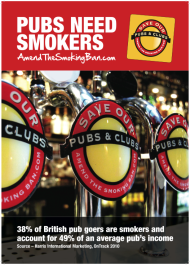Number crunching
 Thursday, January 15, 2009
Thursday, January 15, 2009 Other bloggers have already commented on David Cameron's proposal to reduce by ten per cent the number of MPs. There are currently 646 MPs in Westminster so this would mean a total of 582, the lowest since 1801 when the union of Ireland with Great Britain increased the number of MPs from 558 to 658. (According to Wikipedia, that is.)
Frankly, I'd go further, starting with the Scottish Parliament. Short of abolishing it completely (my preferred choice), there is no need for 129 MSPs. Remove ten per cent and the number is reduced by 13 to 116. Frankly, I can't imagine that anyone would notice the difference. So why stop there?
The UK has a population of 60 million represented by 646 MPs. Scotland has a population of five million represented by 129 MSPs. Why? By my calculations (based on the Westminster ratio), the Scottish Parliament should have a maximum of 54 members.
Reduce that number by a further ten per cent (to match David Cameron's Westminster proposal), and the figure (adjusted upwards) is 49. Now that's what I call less government.
 Simon Clark
Simon Clark
And it's not just politicians who should be culled. The BBC reports that:
Ex-trade minister Lord Digby Jones says he was "amazed" to discover how many civil servants "deserved the sack". He told a committee of MPs he thought the civil service could "frankly ... be done with half as many" people. The ex-CBI chief ... described the civil service as "honest, stuffed full of decent people who work hard". But he added: "Frankly the job could be done with half as many, it could be more productive, more efficient, it could deliver a lot more value for money for the taxpayer. I was amazed, quite frankly, at how many people deserved the sack and yet that was the one threat that they never ever worked under, because it doesn't exist.
Full story HERE.











